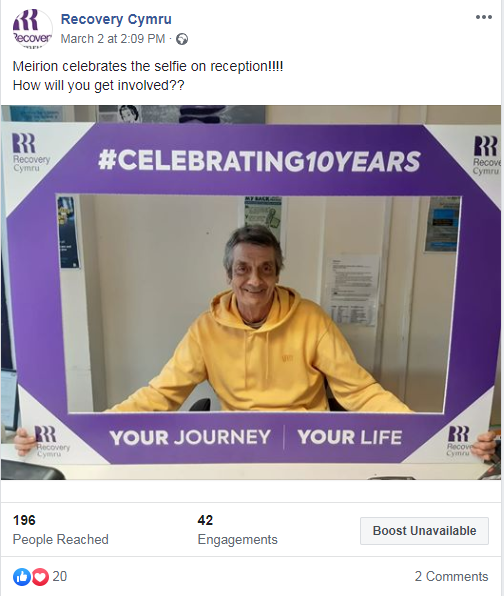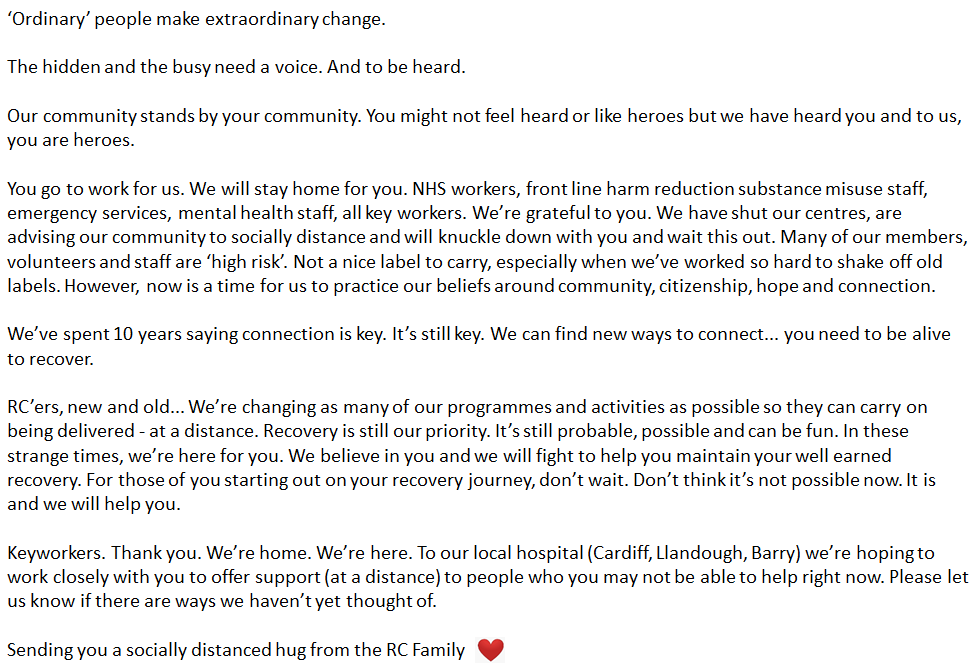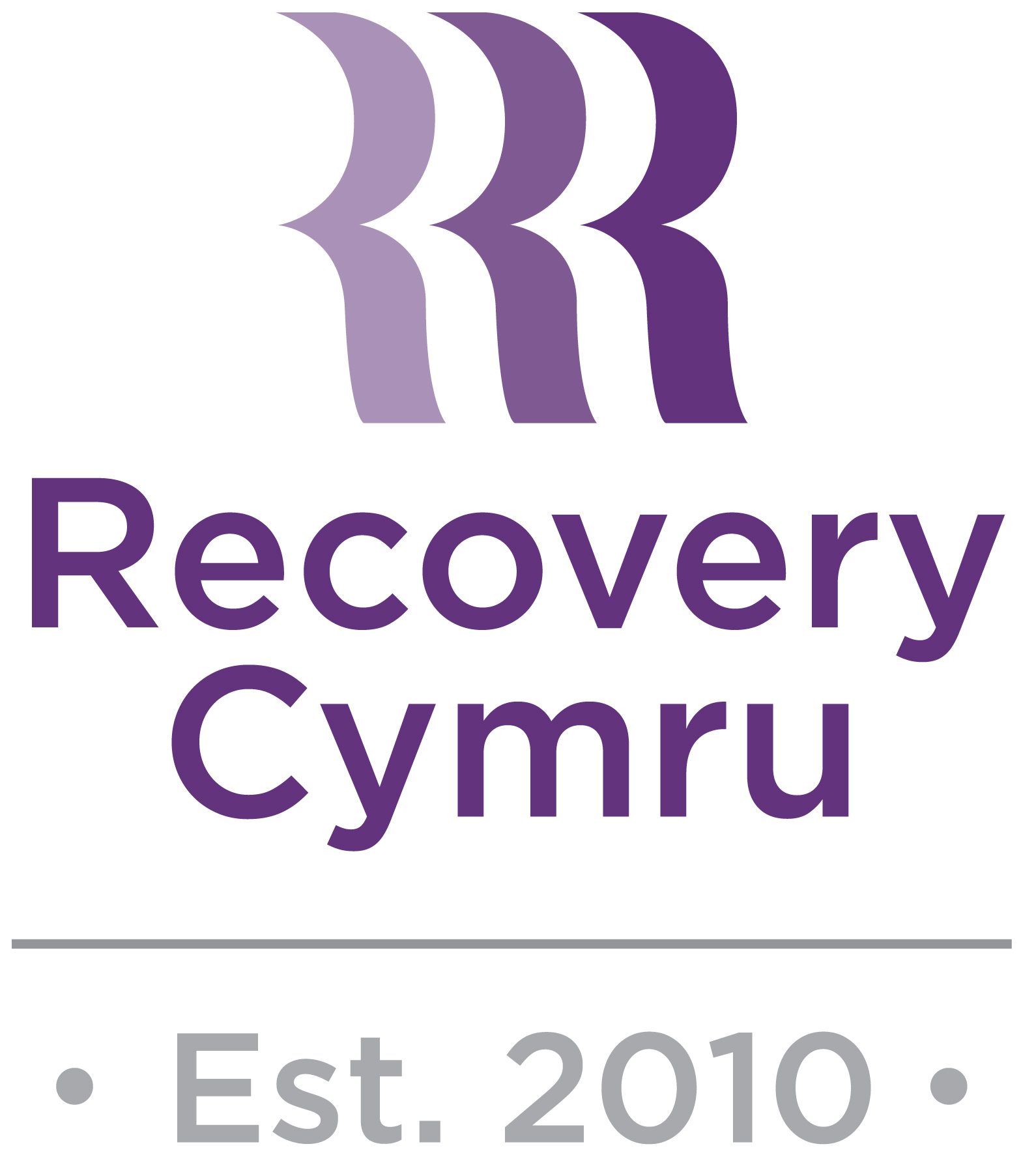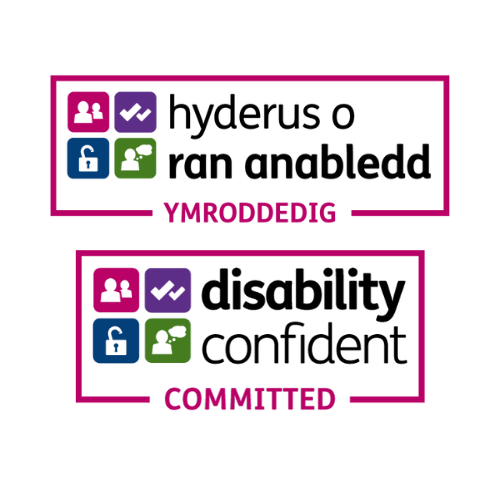Watch this space for activity across 2020 celebrating 10 years of Recovery Cymru. We will be starting with a new logo just for this year.
Selfie frame: out and about, in our centres. Keep watching social media to see where we pop up!!!

RC Change of Operations
We have taken the unprecedented decision to close the RC centres. We are very sad but it’s the most sensible option for us in the circumstances.
Our main message to members and volunteers is that although the doors are closed RC RECOVERY SUPPORT IS OPEN – 7 DAYS PER WEEK – Please see below our New Online Recovery Timetable
On a positive, we will still be delivering a range of ‘distance’ peer led recovery support, 7 days per week and are busy designing new resources to help with this. Please bear with us for a while we trial and develop this further – it’s going to be imperfect for a while as we coordinate it all from home. We’ll then send more info about how people can get involved, refer etc.
Overall, we will continue to offer:
- Daily and weekly support ‘packages’ for members and volunteers
- We will continue to take new referrals via the phone and email
- The offer to contact members at the times they used to access the centre for groups, 1:1’s etc. to help them maintain some routine
- Online group chats in lieu of groups
- Additional Telephone recovery support, as well as our existing lists
- Phone recovery coaching
- Video 1:1 support and recovery coaching using skype and WhatsApp video on the RC phones
- Increased use of texts, social media posts, Vlogs, blogs and online support information
- Postcards and letters for those who do not have phones or social media
- We will continue to send birthday cards etc. for as long as we can.
So please contact us on the usual numbers 02920227019/01446734220
or Twitter via the link to the right/ Facebook’s Recovery Cymru’s Group or Insta click here: @RecoveryCymru1
As mentioned, we are still taking referrals. Service users can contact us directly or we can receive referrals from you. To keep things as simple as possible in these times, we’re only asking for the following info:
- Name
- Number
- Email – if they say they check emails!
- State that they have given permission for us to contact them
- Whether there is a time or day that best suits them for us to contact them
- Whether we can text
- Whether we can leave a message
Referral contact details:
02920 227 019 / 07767 113704
Ideally, wherever possible this information will be provided to us by services by email. We know this is not possible for every service and therefore, can take phone referrals too. If you have a number of people to refer (for example, if you’re contacting a list of people and offering RC as a support mechanism), it would be helpful if you could phone us with the referral details in one call. We do not want people to have to wait to hear from us though so please feel free to call daily! You could also, contact kayecheeseman@recoverycymru.org.uk and set up a referral phone call for several referrals.








